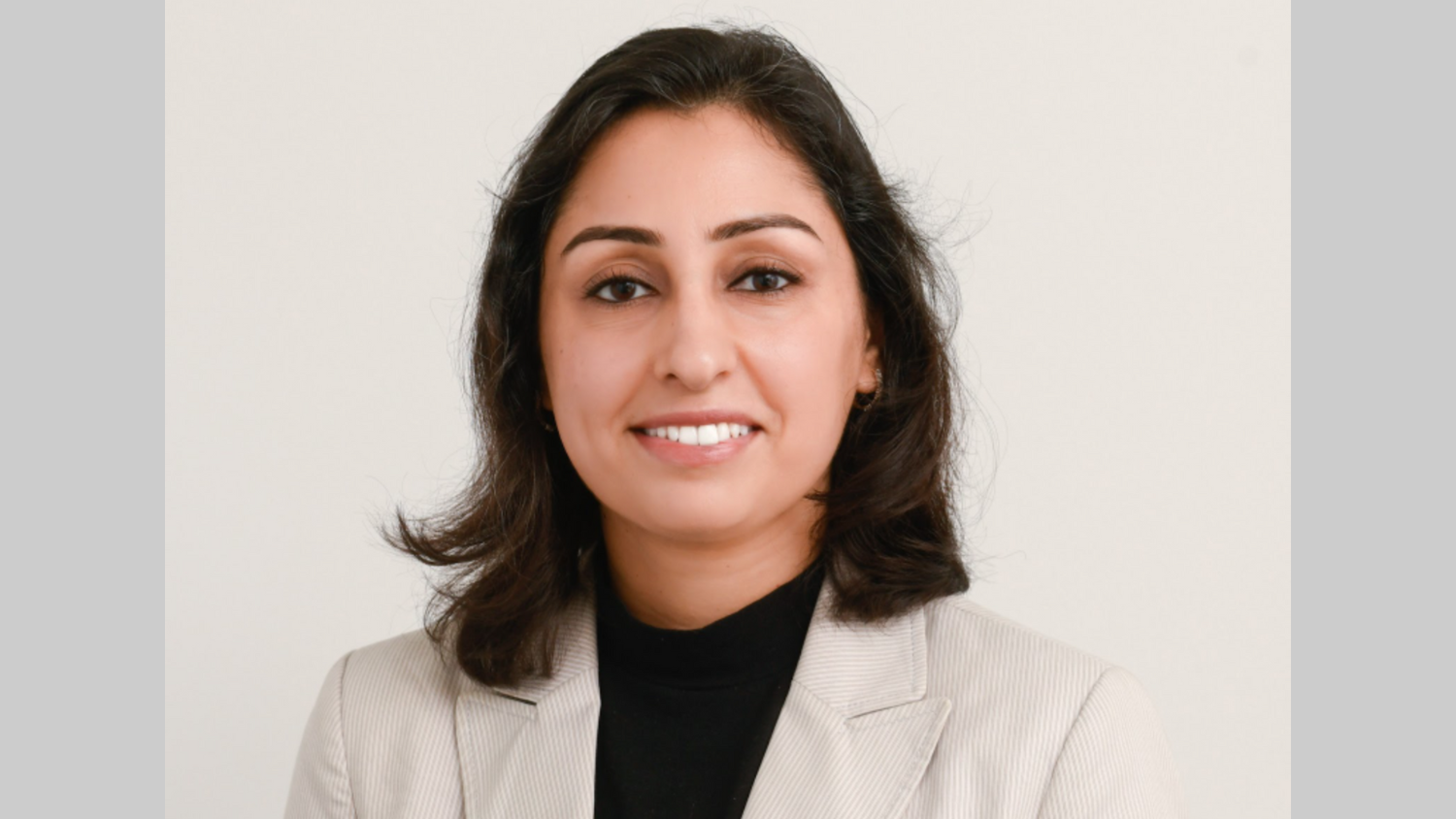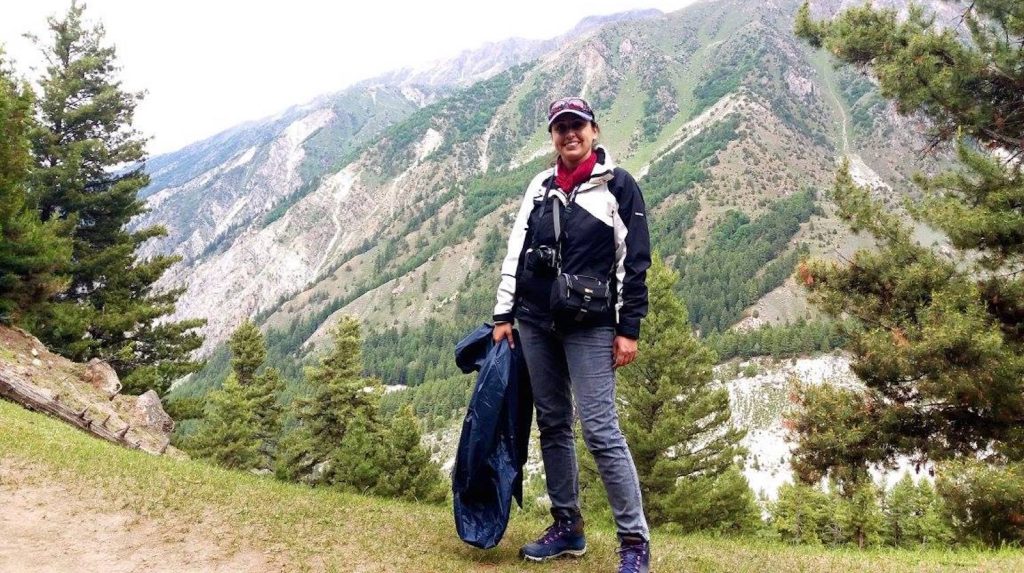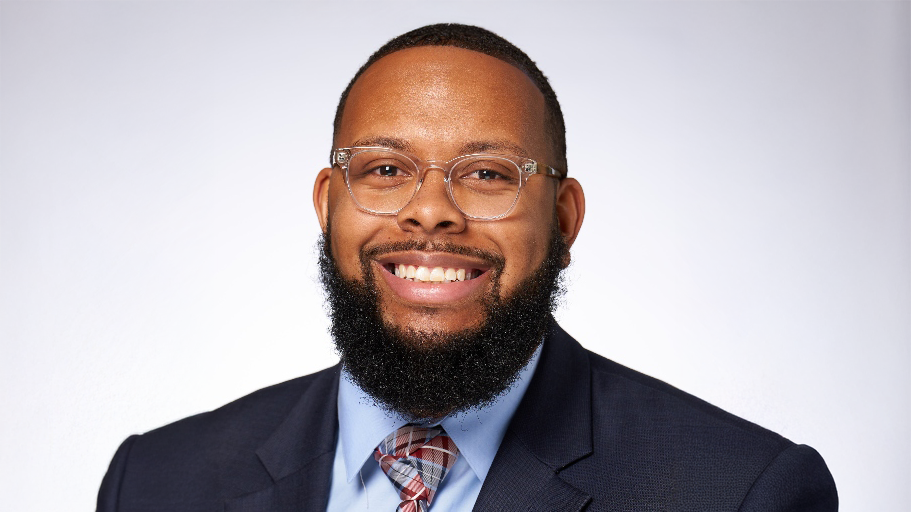Sarah Khan: Always Climbing

Whether she is finding new ways to teach a course concept or scaling a mountain in her native Pakistan, Sarah Khan has always embraced the next challenge. And, as a teaching associate professor of information technology and business analytics at NC State’s Poole College of Management, she is deeply committed to helping her students overcome their own challenges in navigating a rapidly evolving field.
Q&A with Sarah Khan
Where did you grow up?
My family is from Islamabad, Pakistan, but I spent most of my childhood moving around the country because both my parents were in the Air Force. For a woman with a family to forge a career in the Pakistani military was unheard of, but my mother did it. Looking back, I’m grateful for the exposure to different people and places growing up.
What initially sparked an interest in IT and business analytics?
I fell into the field unexpectedly while I was earning a master’s degree in economics at the University of North Carolina at Charlotte. In one of my classes, we studied the economics of Information Technology (IT). I was so fascinated by this concept of studying IT, a dynamic, fast-changing field, using economics principles, that I went on to pursue a PhD in Computing and Information Systems to round out my education. For my dissertation, I looked at how organizations make decisions surrounding investments in high-risk technology. I approached the issue through a behavioral economics lens to understand how individuals influence this decision-making process.
What inspired you to return to Pakistan after earning your PhD?
I had learned so much in the years away from my home country, and I wanted to return to fill the need for experienced educators. I ended up teaching for nearly five years at my alma mater, the National University of Sciences and Technology (NUST), in the area of technological entrepreneurship. I was fortunate to be part of a growing ecosystem of startups, investors, and educators. I also had the opportunity to continue a project I started at UNC: summer camps that invited students of all ages to live on the NUST campus and learn about robotics, programming, and other STEM topics.
What appealed to you about joining the faculty at the Poole College of Management?
While working in Pakistan, I visited NC State to establish a collaboration between NUST Business School and NC State’s Center for Innovation Management Studies (CIMS). I knew that the Dean of NUST Business School and I could learn a lot from how CIMS worked with companies to help them nurture and maintain technological innovation. Several months after returning home, I received a note from a friend from graduate school who worked at the Poole College of Management. He presented the opportunity to join a small team focusing on strengthening IT education at Poole, and I couldn’t pass up the opportunity. I was ready to return to my roots in IT after working for years in entrepreneurship, and I admired NC State’s reputation for excellence in experiential learning. It ended up being the right decision.
What are you focusing on in your research these days?
I continue to analyze the way companies and individuals make technology-related decisions, which can vary widely in terms of scope. It may be as small as moving from one version of software to another or as significant as integrating a Big Data analytics solution. I am also taking a closer look at how the pandemic has affected education in business schools. The thing I enjoy most about this work is how quickly the field is changing. It has only been 10 years since I finished my dissertation, but only about 20% of that content is still relevant. As a discipline, IT and analytics keeps my interest because there is something new to learn every day.
What is the most rewarding aspect of your role as an instructor?
The greatest reward is seeing each of my students grow, from the time they enter one of my 300-level classes to when they graduate and embark on a career path. I love watching them take on roles in IT and data analytics that leverage technology to improve lives. And those who go into other fields find value in their education as well, as technological awareness is an asset in just about every job these days.
What is the most challenging aspect of this role?
It’s not enough for a class to be going well. From my point of view, there is always room for improvement. That is a challenge in terms of course content, delivery, and career preparation. I am constantly measuring my contributions and setting up new targets for personal success.
How would you describe your teaching philosophy?
If I don’t enjoy learning or teaching something, I know my students won’t learn it well. So it’s really important when I’m selecting or prepping a topic that I’m thoroughly enjoying it, even if I’m teaching it for the sixth or tenth time. That’s the compass that I use to ensure that what I’m bringing into the classroom is not only effective but interesting.

What is one thing you’re looking forward to in 2022?
One thing the pandemic has shown me is how resilient and adaptable our students can be. I can’t wait to see where our new graduates end up and how they make a difference in their workplaces. On a personal note, I’m excited to resume my travels. The most incredible place I have visited in the last several years was the base camp of the ninth highest mountain in the world, Nanga Parbat (the Naked Mountain) in northern Pakistan. That’s where I realized how much I enjoy exploring places that others find risky or dangerous. My next destination is K-2, the world’s second highest mountain. It takes six to eight days to hike up to base camp.
When you’re not climbing mountains, how do you like to spend your time outside the classroom?
I typically unwind by reading nonfiction books. Right now I’m reading a personal development book called Think and Grow Rich. I also like to spend my weekends volunteering for organizations like Habitat for Humanity, as I’m incredibly passionate about contributing to my local community in whatever ways I can.
This post was originally published in Poole College of Management News.


